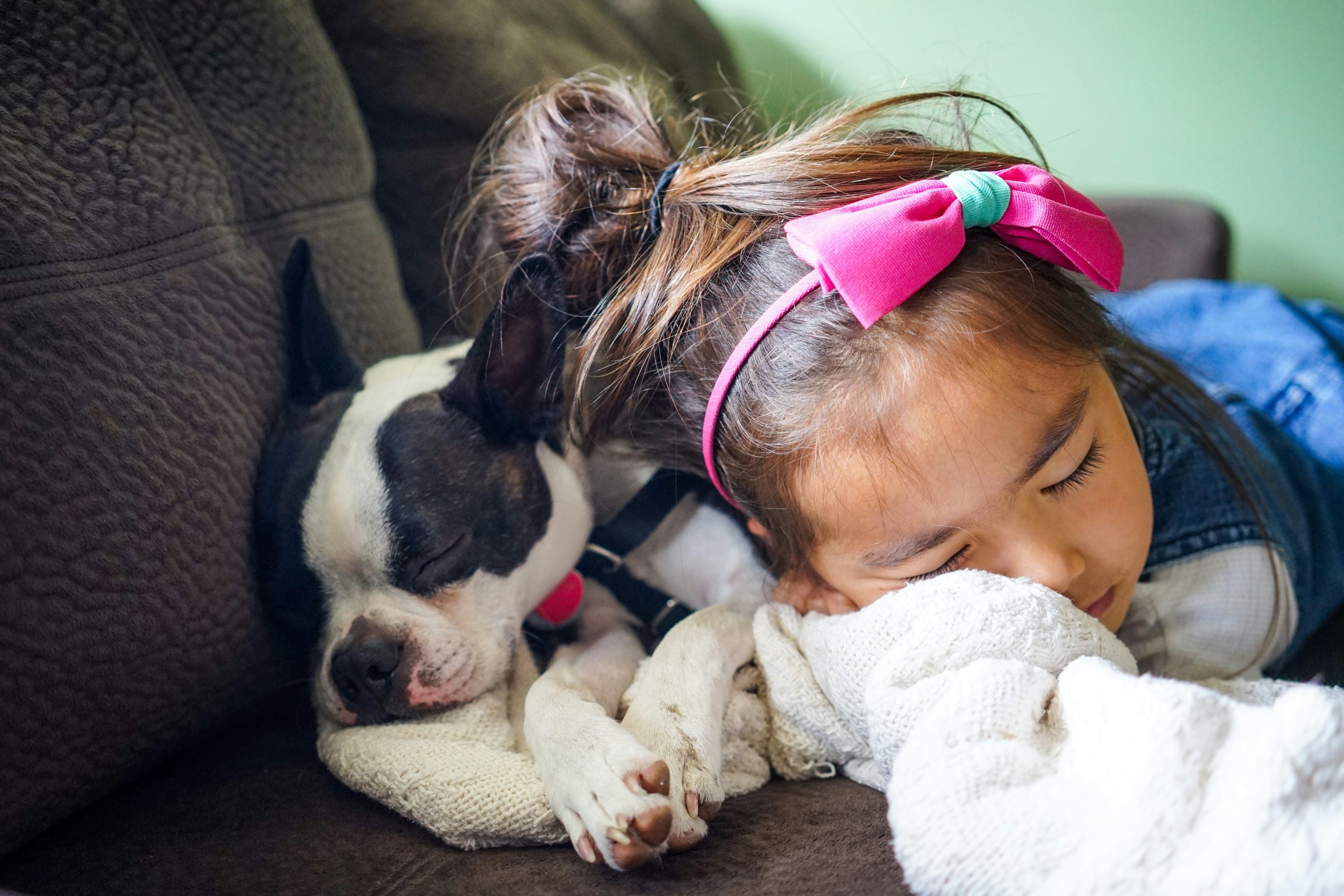Developmental milestones are specific skills and behaviors that most children achieve by certain ages. They serve as important markers of healthy growth across physical, cognitive, social-emotional, and communication domains. Understanding these milestones helps parents recognize typical development patterns, celebrate their child’s achievements, and identify when professional support might be beneficial. This comprehensive guide covers key milestones from birth to age 5, practical tips for supporting development, and clear indicators for when to seek professional guidance.
Table of Contents
- Understanding Developmental Milestones
- Milestones by Age Group: Birth to 5 Years
- Supporting Your Child’s Development
- Recognizing Developmental Delays
- When and How to Seek Professional Help
Understanding Developmental Milestones
Developmental milestones represent the skills and behaviors that children typically develop within specific age ranges. These benchmarks help parents and healthcare providers assess whether a child is progressing as expected across four key developmental domains.
The Four Core Developmental Areas:
Physical Development encompasses both gross motor skills (large muscle movements like walking and jumping) and fine motor skills (precise movements like grasping and drawing). These milestones indicate how well children are developing coordination, strength, and muscle control.
Cognitive Development involves thinking, learning, and problem-solving abilities. This includes memory, attention span, understanding cause and effect, and early academic skills like recognizing letters and numbers.
Communication Development covers both receptive language (understanding what others say) and expressive language (communicating thoughts and feelings). This domain includes nonverbal communication, vocabulary growth, and speech clarity.
Social-Emotional Development relates to how children interact with others, manage emotions, and develop self-awareness. This includes forming relationships, showing empathy, and learning to regulate feelings and behavior.
It’s crucial to remember that children develop at their own pace within typical ranges. While milestones provide helpful guidelines, individual variation is completely normal. Some children may excel in one area while developing more slowly in another, and this doesn’t necessarily indicate a problem.
Milestones by Age Group: Birth to 5 Years
Birth to 12 Months: Foundation Building
The first year of life involves rapid development across all domains as babies adapt to life outside the womb and begin building fundamental skills.
0-3 Months:
- Physical: Lifts head when lying on stomach, begins to push up during tummy time, grasps reflexively
- Cognitive: Tracks objects with eyes, shows recognition of familiar faces and voices
- Communication: Cries to communicate needs, begins making cooing sounds, responds to voice tones
- Social-Emotional: Shows first social smiles, enjoys being talked to and played with
4-6 Months:
- Physical: Rolls over, sits with support, reaches for and grasps toys intentionally
- Cognitive: Shows curiosity about surroundings, begins to understand cause and effect
- Communication: Babbles with consonant-vowel combinations, laughs and squeals with delight
- Social-Emotional: Shows excitement when seeing familiar people, begins showing stranger awareness
7-12 Months:
- Physical: Sits without support, crawls, pulls to standing, may take first steps
- Cognitive: Searches for hidden objects, imitates actions, begins problem-solving
- Communication: Says first words, understands simple commands, uses gestures like waving
- Social-Emotional: Shows separation anxiety, displays preferences for people and activities
1-2 Years: Mobility and Independence
Toddlers become increasingly mobile and begin asserting independence while developing language and social skills.
12-18 Months:
- Physical: Walks independently, climbs stairs with assistance, stacks blocks
- Cognitive: Follows simple instructions, begins pretend play, shows memory for routines
- Communication: Vocabulary grows to 10-50 words, points to body parts when named
- Social-Emotional: Shows affection openly, may have temper tantrums, engages in parallel play
18-24 Months:
- Physical: Runs steadily, kicks a ball, begins jumping, uses utensils with help
- Cognitive: Sorts objects by color or shape, completes simple puzzles, imitates household tasks
- Communication: Combines two words, vocabulary reaches 50-200+ words, follows two-step directions
- Social-Emotional: Shows defiant behavior, plays alongside other children, shows empathy
2-3 Years: Language Explosion and Social Awareness
This period marks significant language development and increased social interaction with growing independence.
Physical Milestones: Pedals tricycle, throws ball overhand, draws circles, climbs playground equipment confidently Cognitive Milestones: Engages in make-believe play, completes 3-4 piece puzzles, understands concepts like “big” and “small” Communication Milestones: Uses 3-4 word sentences, asks “why” questions constantly, vocabulary exceeds 1,000 words Social-Emotional Milestones: Shows concern for crying friends, takes turns in games, expresses many emotions verbally
3-4 Years: Preschool Readiness and Complex Play
Children develop more sophisticated thinking and social skills while preparing for more structured learning environments.
Physical Milestones: Hops on one foot, uses scissors, draws people with basic body parts, dresses independently Cognitive Milestones: Counts to 10, recognizes some letters, understands time concepts like “yesterday” and “tomorrow” Communication Milestones: Tells stories, asks many questions, speaks clearly enough for strangers to understand Social-Emotional Milestones: Cooperates with friends, shows interest in new experiences, expresses feelings verbally rather than through tantrums
4-5 Years: School Readiness and Advanced Skills
Children refine skills needed for formal education while developing more complex social relationships and self-control.
Physical Milestones: Skips, does somersaults, draws detailed pictures, uses fork and knife properly Cognitive Milestones: Counts 10+ objects, knows basic colors and shapes, understands rules of games Communication Milestones: Uses complex sentences, tells detailed stories, understands most of what adults say Social-Emotional Milestones: Wants to please friends, shows independence, can distinguish fantasy from reality
Supporting Your Child’s Development
Parents play a crucial role in fostering healthy development through daily interactions and creating enriching environments. Here are evidence-based strategies for supporting growth in each developmental area:
Physical Development Support: Provide plenty of opportunities for active play both indoors and outdoors. Encourage activities like crawling through tunnels, dancing to music, playing with balls, and using playground equipment. For fine motor development, offer activities like finger painting, playing with playdough, building with blocks, and simple cooking tasks.
Cognitive Development Support: Read together daily, even with very young babies. Engage in conversations throughout the day, describing what you’re doing and asking open-ended questions. Provide puzzles, sorting games, and building toys appropriate for your child’s age. Encourage curiosity by exploring nature and trying new activities together.
Communication Development Support: Talk, sing, and read to your child from birth. Respond to their attempts to communicate, even before they can speak clearly. Expand on their words by repeating back what they said with additional information. Limit screen time and prioritize face-to-face interaction for language learning.
Social-Emotional Development Support: Model appropriate emotional expression and help your child name their feelings. Establish consistent routines that provide security and predictability. Encourage friendships and teach social skills like sharing and taking turns. Use positive discipline techniques that teach rather than punish.
Recognizing Developmental Delays
While children develop at different rates, certain signs may indicate the need for professional evaluation. Early identification and intervention can significantly improve outcomes for children with developmental delays.
Red Flags by Age:
| Age | Physical Concerns | Communication Concerns | Social-Emotional Concerns | Cognitive Concerns |
|---|---|---|---|---|
| 6 months | Doesn’t sit with support, poor head control | No babbling, doesn’t respond to name | No social smiles, seems uninterested in people | Doesn’t track objects with its eyes |
| 12 months | Not pulling to stand or cruising | No words, doesn’t point | Extreme stranger anxiety, no joint attention | Doesn’t search for hidden objects |
| 18 months | Not walking independently | Fewer than 10 words, doesn’t follow simple directions | No pretend play, doesn’t show affection | No interest in exploring the environment |
| 2 years | Can’t run or walk up stairs | Fewer than 50 words, no two-word phrases | Doesn’t play near other children, and has frequent aggressive behavior | No imitative play |
| 3 years | Frequent falling, can’t jump | Speech unclear to family, doesn’t follow multi-step directions | Doesn’t engage in pretend play, extreme separation anxiety | Can’t work simple puzzles |
| 4 years | Can’t hop or catch a ball | Strangers can’t understand speech, and they don’t tell stories | Doesn’t show interest in other children, can’t separate from parents | Doesn’t understand counting or letters |
Additional Concerning Signs:
- Loss of previously acquired skills
- Significant regression in any developmental area
- Extreme difficulty with transitions or changes in routine
- Persistent challenges with eating, sleeping, or toilet training
- Sensory sensitivities that interfere with daily activities
Remember that every child develops differently, and having one or two concerns doesn’t automatically indicate a problem. However, trusting parental instincts is important – if something feels wrong, it’s always appropriate to seek professional guidance.
When and How to Seek Professional Help
If you have concerns about your child’s development, taking action early can make a significant difference. Here’s how to navigate the process of seeking professional support:
First Steps: Discuss your concerns with your child’s pediatrician during regular checkups or schedule a specific appointment to address developmental questions. Many pediatricians use standardized developmental screening tools to assess progress objectively.
Types of Professionals Who Can Help:
- Developmental Pediatricians specialize in child development and can provide comprehensive evaluations
- Speech-Language Pathologists address communication delays and disorders
- Occupational Therapists help with fine motor skills, sensory processing, and daily living skills
- Physical Therapists work on gross motor development and movement challenges
- Child Psychologists address behavioral, emotional, and social concerns
Early Intervention Services: Federally funded Early Intervention programs provide free evaluations and services for children under age 3 if delays are identified. These programs work with families to create individualized plans that support development in the child’s natural environment.
For children ages 3-5, special education services through local school districts can provide support if developmental delays impact learning readiness. These services are also provided at no cost to families.
Preparing for Professional Consultations: Keep detailed notes about your specific concerns, including examples of behaviors or missed milestones. Bring any previous evaluation reports or medical records. Prepare questions about recommended interventions, expected outcomes, and how you can support your child’s development at home.
Supporting Your Child During Evaluations: Professional evaluations can feel overwhelming for both parents and children. Remember that seeking help shows love and advocacy for your child’s needs. Many developmental challenges respond well to intervention, and early support often leads to better long-term outcomes.
The journey of child development is unique for every family. By understanding typical developmental patterns, actively supporting your child’s growth, and seeking help when needed, you provide the foundation for your child to reach their full potential. Trust your instincts as a parent, celebrate your child’s individual strengths, and remember that getting support when needed is a sign of good parenting, not failure.
Whether your child is meeting all milestones ahead of schedule or needs extra support in certain areas, your love, attention, and advocacy make the biggest difference in their developmental journey. Stay informed, stay connected with your child’s healthcare team, and enjoy watching your unique little person grow and flourish.

